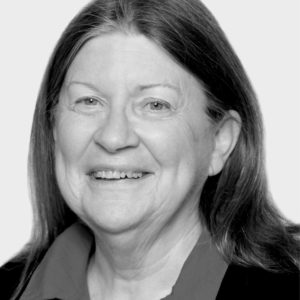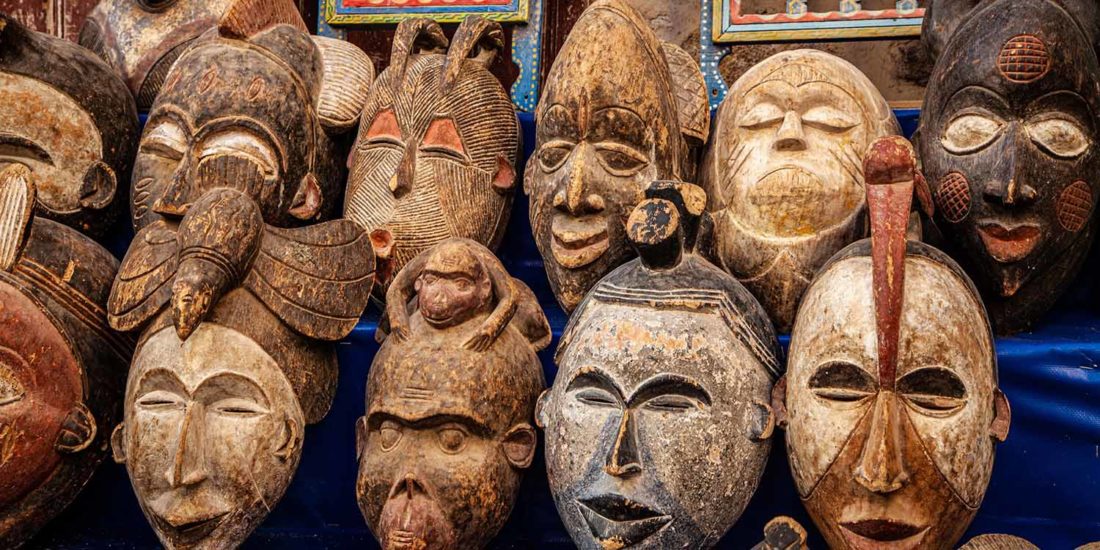Josette Rivallain of Société française d’histoire des outre-mers (SFHOM), France, will be presenting a keynote titled “The Problem of Restitution of Museum Pieces: A Focus on Africa” at The Paris Conference on Education (PCE2022), which will be held alongside The Paris Conference on Arts & Humanities (PCAH2022), June 16-19, 2022.
The presentation will also be available for IAFOR Members to view online. To find out more, please visit the IAFOR Membership page.
Abstract
The Problem of Restitution of Museum Pieces: A Focus on Africa
The world’s major museums have a large number of objects from various parts of the globe in their collections.
To begin with, these collections were built up by monarchs who wanted to possess artistic marvels or works of art evidencing ancient civilisations, but the French revolutionaries instead decided to exhibit these objects in order to educate the general public.
From the beginning of the nineteenth century, the great powers made it their mission to enrich their national collections: Napoleon brought his spoils to the Louvre, while the British took the Parthenon marbles and the Rosetta Stone back to London’s British Museum. Other colonial powers did the same, from parts of Asia, Africa and Latin America.
For some years now, the question of the restitution of objects to their countries of origin has been raised. However, any restitution project raises a number of questions, including:
The presentation will be illustrated by a number of examples, with a particular focus on Africa.
Speaker Biography
Josette Rivallain
Société française d’histoire des outre-mers (SFHOM), France
 Josette Rivallain is currently a lecturer at the National Museum of Natural History in Paris, and a historian and archaeologist specialising in ethnoarchaeology. She also collaborates with a number of French museums in the archiving of collections of African ethnology, and the associated publications.
Josette Rivallain is currently a lecturer at the National Museum of Natural History in Paris, and a historian and archaeologist specialising in ethnoarchaeology. She also collaborates with a number of French museums in the archiving of collections of African ethnology, and the associated publications.
Dr Rivallain's research is on the comparative study of pre-monetary phenomena in European protohistory, and African ethnoarchaeology, and she holds a doctorate in history. Her thesis was titled "A Comparative Study of Pre-monetary Phenomena in European Protohistory and in African Ethnology".
Dr Rivallain taught at three different African universities from 1971 to 1984, and is currently involved with several scientific programs in Africa, including surveys of coastal sites in Benin and the Ivory Coast, and on the crafts of Benin, notably pottery, calabash, and basketry.

